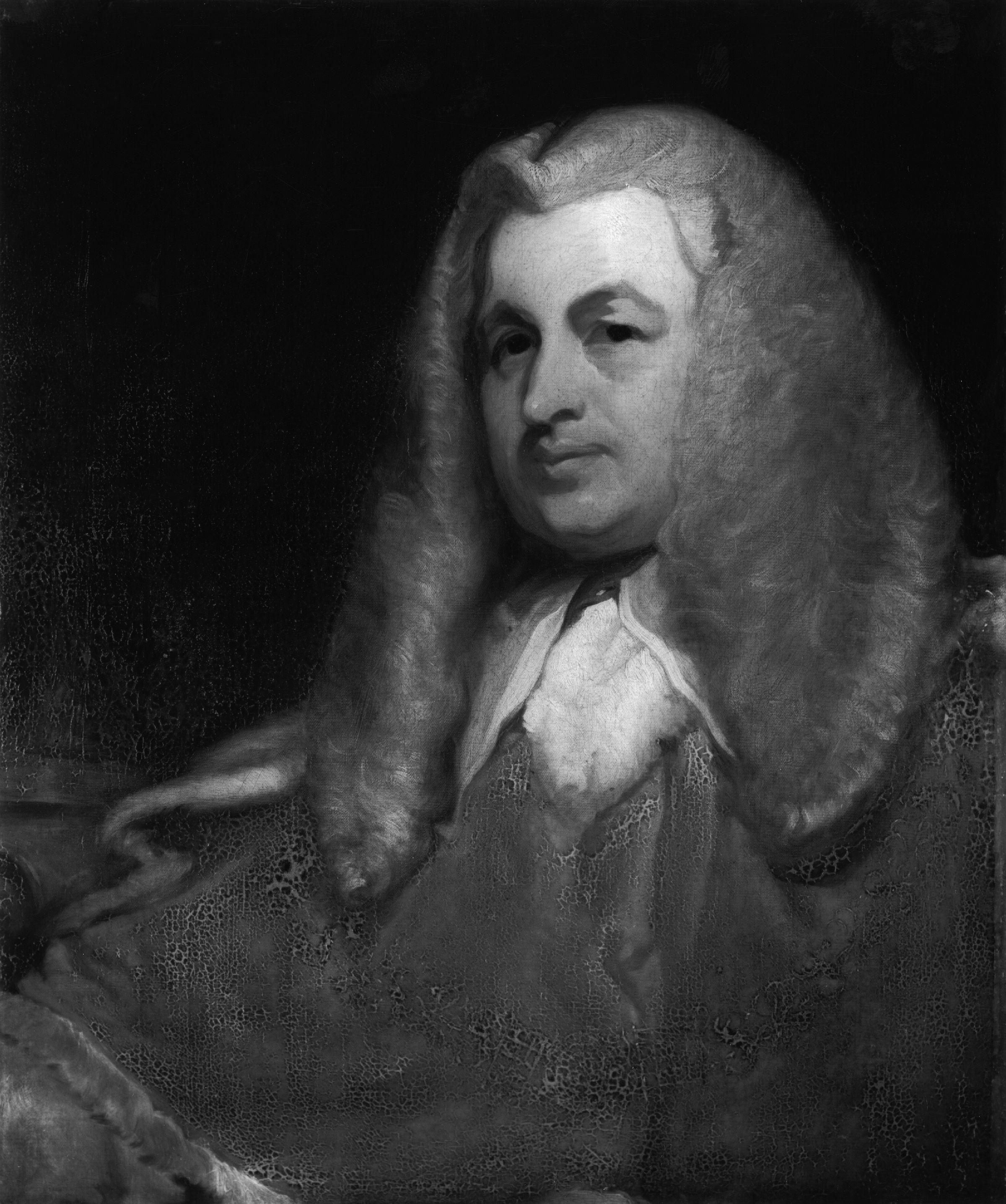Williams' Case (1797), 26 How. St. Tr. 683.
Lloyd Kenyon, 1st Baron Kenyon: Frasi in inglese
Case of John Lambert and others (1793), 22 How. St. Tr. 1016.
The King v. Inhabitants of Eriswell (1790), 3 T. R. 722.
Rex v. Rusby (1800), Peake's N. P. Cases, 193.
Doe d. Willis and others v. Martin and others (1790), 4 T. R. 65.
Withnell v. Gartham (1795), 6 T. R. 397.
Bauerman v. Eadenius (1798), 7 T. R. 667.
“The popish religion is now unknown to the law of this country.”
Du Barre v. Livette (1791), Peake's N. P. Cases, 79.
“It is sometimes difficult to get rid of first impressions.”
Withnell v. Gartham (1795), 6 T. R. 396.
King v. Reeves (1796), Peake's Nisi Prius Cases, 85.
Eaton's Case (1793)
Graham v. Hope (1794), 1 Peake, N. P. Ca. 155; reported in James William Norton-Kyshe, Dictionary of Legal Quotations (1904), p. 99.
Stone's Case (1796), 25 How. St. Tr. 1272.
Wilson v. Rastall (1792), 4 T. R. 757.
King v. Waddington (1800), 1 East, 157.
Proceedings against the Dean of St. Asaph (1783), 21 How. St. Tr. 875.
“My Lord… it would be well if you would stick to your good law and leave off your bad Latin.”
George III of the United Kingdom; reported in John Campbell, The Lives of the Chief Justices of England: From the Norman Conquest till the death of Lord Tenterden (2006), p. 58.
About
Wakefield's Case (1799), 27 How. St. Tr. 736.
Peaceable v. Read and others (1801), 1 East. 573.
Lefroy, C.J., Persse v. Kinneen (1859), (Lr. Rep.) L. T. Vol. 1 (N. S.), 78.
About
Rex v. Rusby (1800), Peake's N. P. Ca. 193.
Trial of the Earl of Thanet, and others (1799), 27 How. St. Tr. 939.
